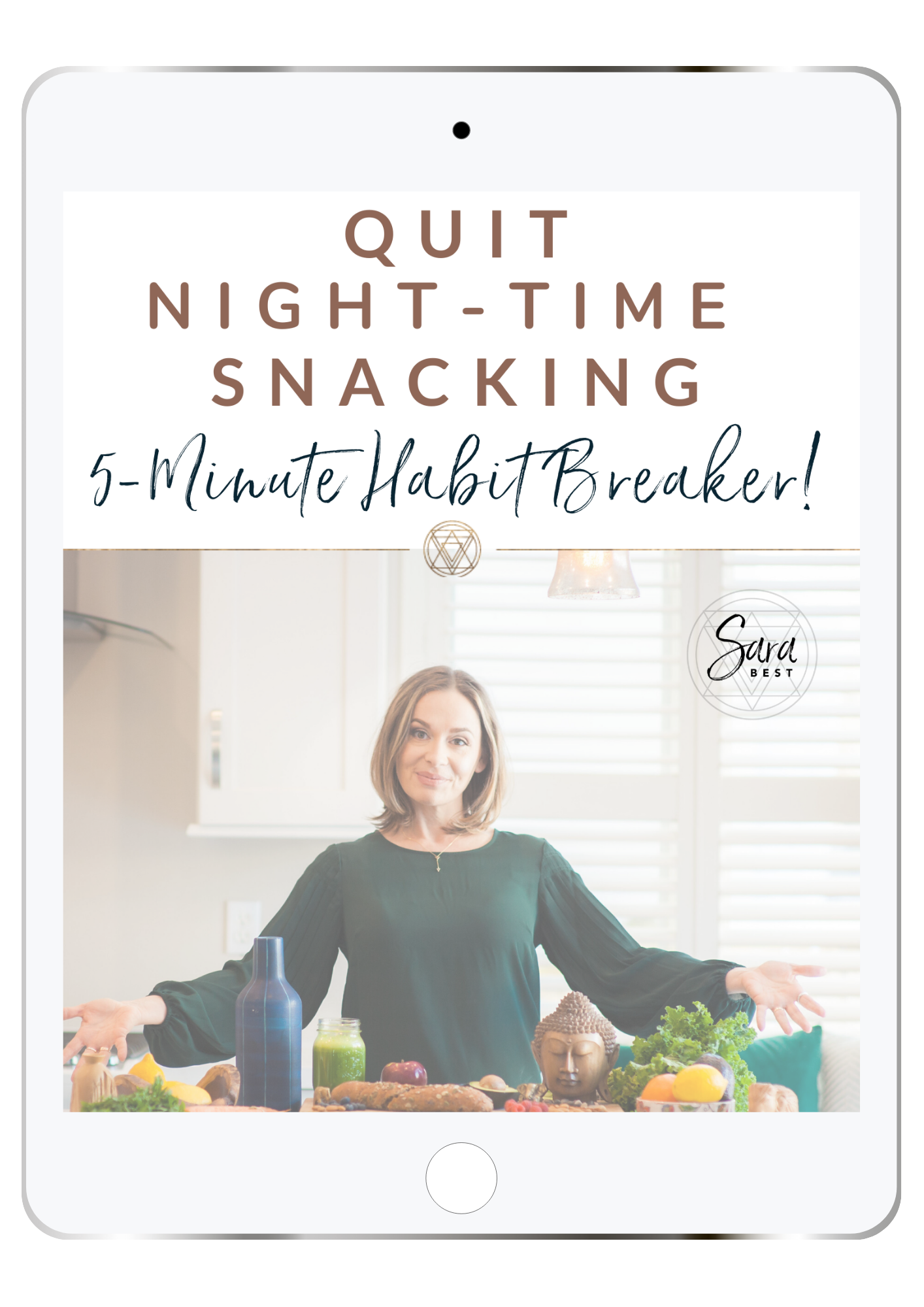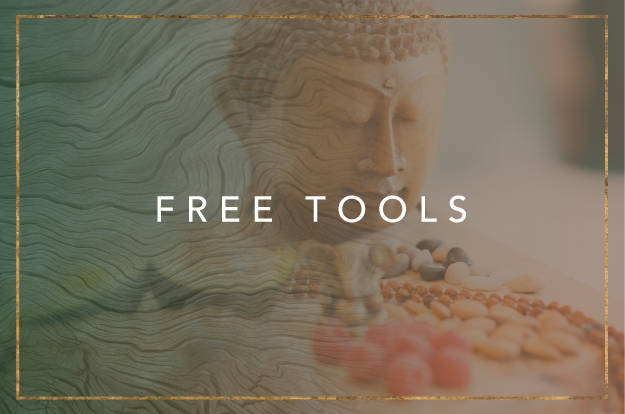
I heard a story today about a fascinating experiment involving rats and morphine.
It was actually a series of studies done at a Canadian university in the late 1970s, originally intended to look at the physical mechanism opioid addiction. But what the researchers ended up learning was, in my opinion, far more interesting and enormously telling about the very make-up of the human soul.
These Canadian scientists started out by simply repeating an addiction experiment that had been done numerous times in other labs. They put a rat in a cage and offered it two water bottles. One contained pure water, the other contained water laced with a sweetened morphine solution. The rat tried both and, not surprisingly, immediately preferred the drugged water.
Over the course of the following weeks the rat proceeded to quickly become addicted to the morphine and eventually killed itself by refusing to eat or do anything else until it ultimately overdosed on the drug.
This experiment seemed to do exactly what it had intended – to prove the physically addictive properties of opioids and support the notion that if someone is introduced to these kinds of drugs, they will quickly become horribly addicted and their prognosis will be bleak.
However, it was at this point that the experiment took a most interesting turn.
Before publishing their findings, one of the researchers started wondering about the fact that their study had involved isolating a single rat in an empty cage – a highly artificial situation that went against all natural rat behavior. Rats are smart, social animals that are wired for community and learning. Just like humans.
This researcher wondered how the results of the study might change if they created a more natural experience for the rat. And thus was born, what later became known as “Rat Park.”
Rat Park was like a paradise for rats. It was a huge enclosure with lots of rats – males and females, old and young. It contained plenty of food, and lots of toys and games to stimulate the rats’ curiosity and desire to learn. It offered anything a rat could want in life!
When the two water bottles were introduced into Rat Park, the reaction from the rats was completely different than it had been in the first experiment. The rats in Rat Park certainly tried the drug-laced water and did seem to enjoy it. They would return to it now and again, but gone was the obsessive, addictive reaction that they’d seen with the isolated rat. The Rat Park rats continued to eat and regularly chose the plain water over the drugged water. None of the rats became addicted or killed themselves via overdose.
I think that this experiment says a whole lot more about the power of connection and purpose than it does about opioid addiction.
In many ways, we humans are not all that different from rats. We crave connection and we need to feel like our lives have purpose, like we’re learning, growing and doing something that matters.
However, we live in a paradoxical time when we’re simultaneously more connected and lonelier than ever before. Social media, international travel and the internet allow us to connect with a broader spectrum of people and at greater a scale than any previous generation. And yet, an astonishingly large percentage of people in many industrialized countries report having virtually no one in their lives that they could turn to in the event of a crisis.
What’s the impact of this?
I would argue that it’s a deep soul sickness. A soul sickness that comes from feeling like who we are and what we do doesn’t matter.
Connection and purpose are as important for human life as food and water. We must regularly be tending to our appetites for both.
What makes you feel more connected? Connected with others, yes, but also connected with the truest part of yourself, and connected with the greater ecosystem that you are a part of?
And what makes you feel like your life has meaning or purpose? How can you contribute in a way that allows you to see and feel your impact on the world on a regular basis?
These questions cannot be ignored. Not if we want to live a life that feels truly fulfilling.
xo
Want to receive these Daily Offerings in your inbox every morning, click here.




